In categories dominated by big brands with deeper pockets, startup brands face a lot of constraints in their growth path. However, these very constraints can often confer other unique advantages upon them.
In this article, we have touched upon some of the advantages small businesses enjoy, in an effort to codify the strategies that Davids can potentially adopt to stand out and make their mark when pitted against Goliaths.
Advantages that small brands are uniquely poised to leverage:
The power of a Challenger Mindset
The Challenger mindset is all about questioning established category norms and applying an unencumbered first principle-based approach in all aspects of brand building- from product formulations and packaging to distribution and communication.
While a rich understanding of the category is definitely an advantage, almost all path-breaking innovation is done by newcomers who are often unfamiliar with the perceived “boundaries” of the system as opposed to incumbents who are limited by set ways of thinking and standard operating processes.
For instance, Elon Musk’s SpaceX was able to revolutionise the space tech industry, traditionally a stronghold of government-funded and state-run behemoths, by discarding all accepted wisdom of space exploration market, and approaching the problem with a fresh mind¹.

Upstarts often don’t have an idea of (or choose not to think about) ‘received wisdom’ of what’s possible and what’s not possible in a category. As such, they don’t discard potentially key opportunities saying “it can’t be done.”
Hence, despite being on the same playing field as Goliaths, Davids enjoy the advantage of unconstrained thinking as they are not bogged down by the baggage of legacy perceptions or preconceived notions and look at the category with fresh eyes.
The opportunity to Humanize
A startup can add a dash of personal touch at all consumer touchpoints. Being a small and tightly run ship, it can present itself as a group of real people who genuinely care about what they are making, about their relationship with the consumers, and about the employees and teammates who are helping to make the product for the consumers.
Doing so gives a human touch to the brand that stands in stark contrast to the relatively impersonal, faceless and coldly professional demeanour of big brands.
This personal touch becomes all the more believable when founders take charge of the brand messaging and become the de-facto face of their brands. Consumers intuitively understand that founders have the most skin in the game and thus pose more trust in the brand narrative of small businesses, giving them a clear advantage.
This is exactly what helped Mamaearth build trust in its initial years, thus allowing them to crack the phenomenally tough baby care category. Varun and Gazal Alagh, the founders of Mamaearth, extensively spoke about how Mamaearth was borne out of their quest to find safe and effective baby products for their newborn child, that they could not find in India. Gazal Alagh, the co-founder and a mom herself, talked to hundreds of moms to try and understand more about consumer pain points. The brand sampled the product amongst moms extensively, garnering both trust and testimonials. (you can read our in-depth analysis of Mamaearth’s marketing chops here).
US yoghurt brand Chobani showcases this humanization within its four walls too; paying its factory workers more than the minimum wage, and giving them a share of the business. They then take care to ensure that this is seamlessly integrated into the consumer story they tell to the outside world as well².
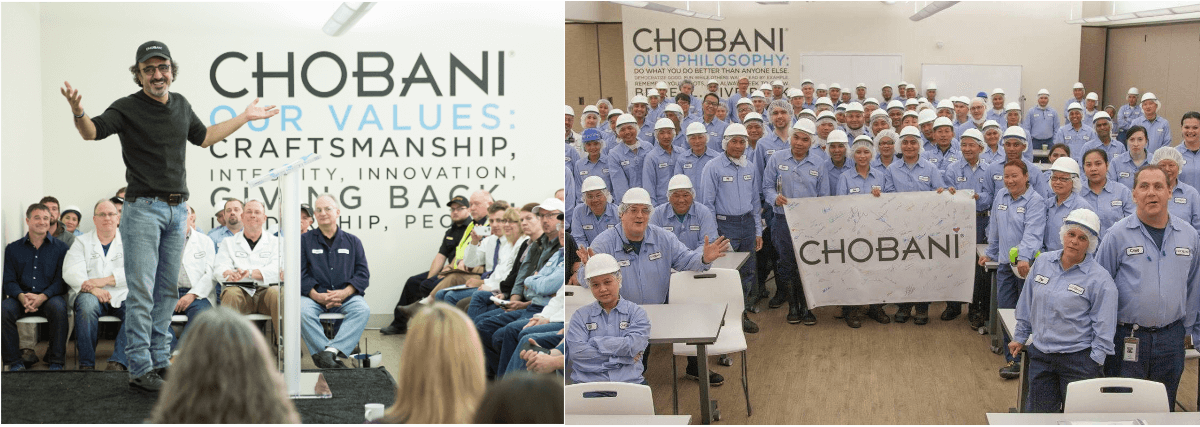
Leading with Purpose-led storytelling
When upstarts articulate their purpose and vision, it generally comes across as more credible. That’s because in many cases these stories are derived from and are intricately linked to the founder’s life story and their personal motivation behind launching the brand. Also, since they have an opportunity to build the business from scratch, startups are much better poised to ensure that they live their story and purpose at all touchpoints, thereby increasing its believability.
For instance, Vahdam tea has an emotional and heart-touching story of how Bala, the founder, is the 4ᵗʰ generation member of his family to join the 80-year-long lineage of tea heritage in his family. He recounts how the name Vahdam was arrived at by inverting his father’s name, Madhav. Truly a heart-touching story.
But the importance of Vahdam’s story does not end there. Bala goes on to say how his brand’s mission of delivering the ‘freshest’ tea to all parts of the world is achieved – by cutting out the middlemen and taking the freshness and flavour of tea directly to the consumer. Vahdam articulates this story on the packaging and other touchpoints like its website. They are also intent on making a positive social impact – Vahdam is carbon-neutral certified and contributes 1% of its revenue towards the education of its tea growers’ children.
This is another advantage enjoyed by small businesses. They can credibly stand up for a cause, with a compelling story of how they are fighting against an enemy – usually the “old, accepted” way of doing things in the industry. This lends them the mantle of a “challenger” that consumers tend to identify with and even root for.
In the case of Vahdam, the brand challenges the fact that tea connoisseurs all over the world have to make do with the traditional mass-manufactured packaged tea and its story is all about how it breaks this accepted convention to bring the taste of “fresh” tea to consumers through supply chain and packaging innovations.
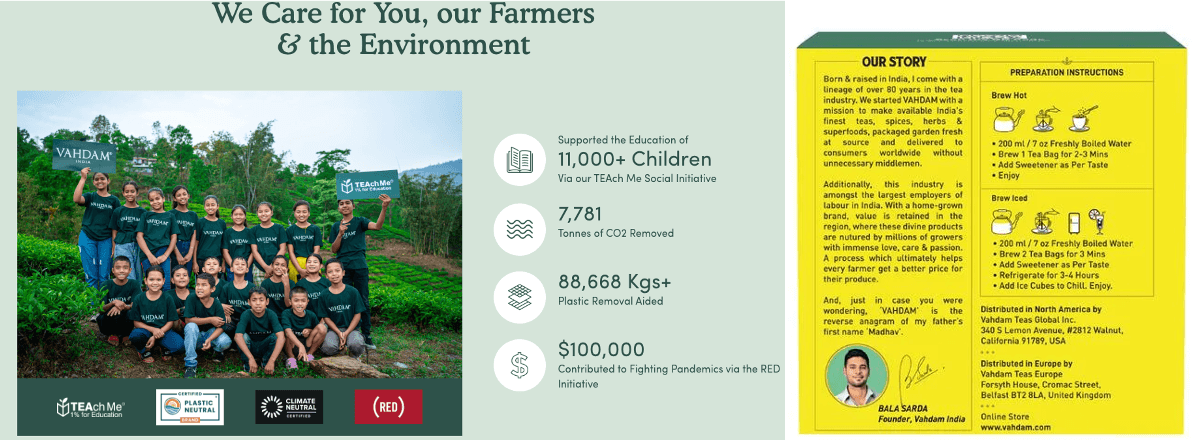
Championing Customer Centricity
Given their relatively lower scale, startup brands are not constrained by layers of hierarchy which can slow down decision-making processes. Hence not only are they able to keep an ear to the ground to hear what the consumer has to say, but they are also able to move fast to address consumer concerns.
This allows these brands to delight their consumers in a much faster, more meaningful and impactful manner, both by making quick tweaks to their product (based on real-time consumer feedback) and by using exemplary service recovery to win their hearts and minds.
So, with the right moves, these brands can come across as much more agile, responsive and customer-centric than their established counterparts.
For instance, when the Indian packaged food startup The Whole Truth ran into a few delivery and distribution issues during the launch of its chocolate bar lineup, it went out of its way to admit its mistake and apologize to its customers, giving them a free gift as well.
The important thing to note here is that in such cases as that of TWT, it’s not the rupee value of the gift that matters. In an age where consumers are becoming intolerant of apathy from big brands and they are getting more empowered to voice their opinions, it’s the thought behind the service recovery action that counts, and shows that the brand truly has the best interest of their consumers at heart.
Additionally, as compared to big brands, heartfelt and genuine apologies from startup brands are more likely to be accepted by consumers.
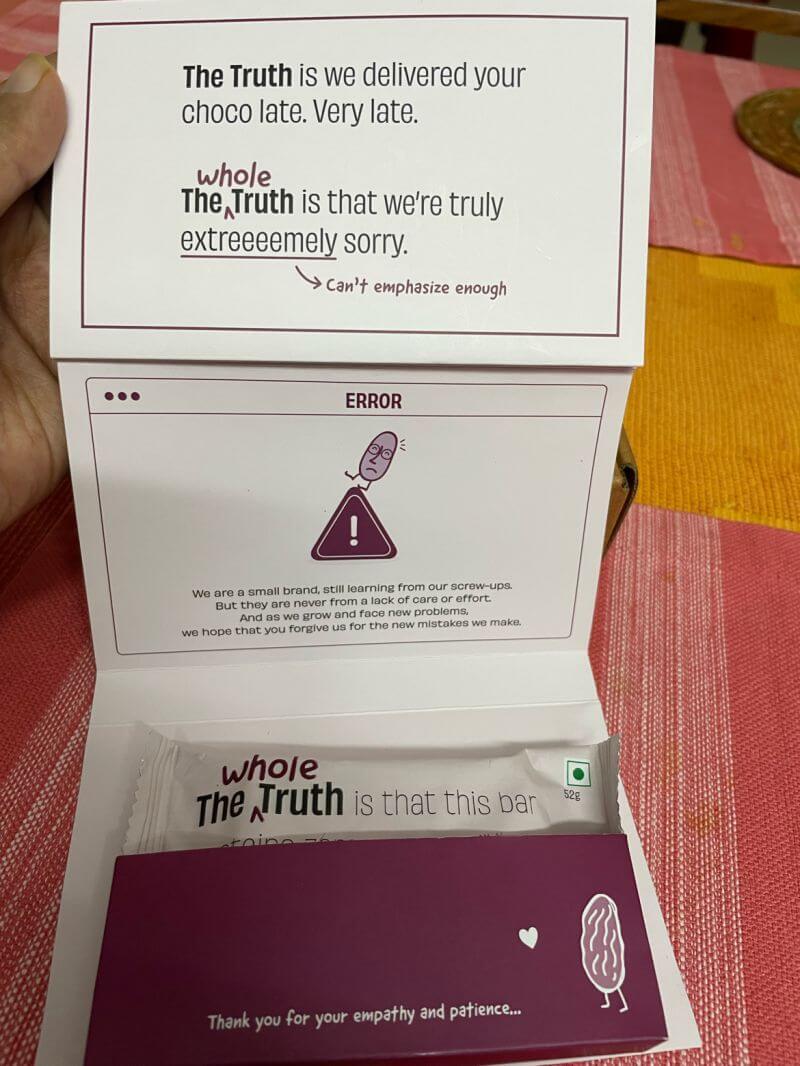
Constraints breeding Creativity
Startups, due to the very nature of their business, often find themselves resource-constrained. But these constraints also give them an opportunity to break conventions creatively across product innovations, storytelling, communication, operations, pricing, and distribution.
For instance, Moonshine meadery crowdsourced designs for their new variants from amongst indie artists, breaking traditional FMCG conventions of strict adherence to brand identity tenets and making the product more “of the people”, in the process creating brand buzz and pack recognition.
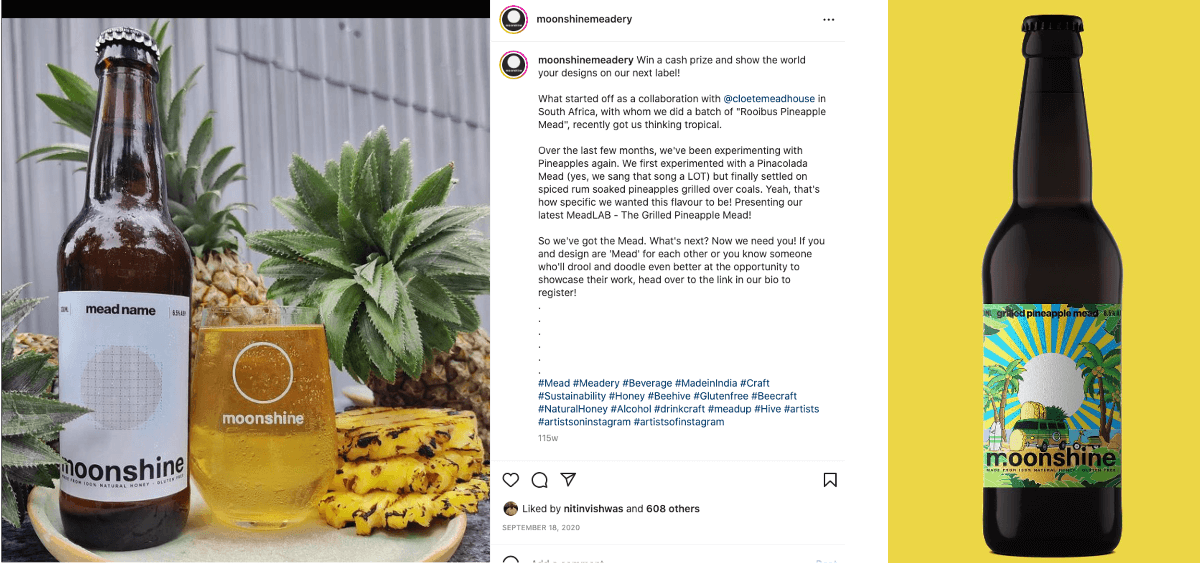
Another great example of how constraints breed creativity is Dollar Shave Club. Given its relatively small size and smaller budget as compared to Gilette, Dollar Shave Club could not hope to outspend or outshout Gilette. Instead, it relied on its new to the market pricing paradigm (low-priced razor and blades subscription model compared to the high-priced razors of the Gilette model) and clutter-breaking communication to drive awareness and adoption.
Fostering a Sense of discovery
Their smaller size also prevents startup brands from dominating distribution and display. But this can work in their favor if they leverage their lack of ubiquitous availability to foster a sense of discovery and exclusivity.
Given that they are not easily available on the neighborhood supermarket aisle, a memorable product experience (in unboxing, packaging or after-sales) can help them to be perceived as an ‘exclusive find’. This gives consumers a lot of brownie points within their social circles and triggers proactive word of mouth in an insta-friendly world.
For instance, boAt started out as an audio tech brand that blended together style, features and affordable pricing to break into the Indian market. With its trendy and aesthetically pleasing packaging, a welcome note that invited users to join the boAthead community, a 1-year warranty that was not generally available at that price point, and free boAthead stickers that came along with each product, boAt gave its users an exclusive unboxing experience which helped the brand be perceived as a ‘Smart Choice’ and created chatter around it.

Many startup brands also achieve this feeling of exclusivity by giving consumers a chance to get ‘early access’ to their launch, thereby making them feel like belong to a part of a select club. This creates a sense of intrigue and enigma around the brand, attracting influential consumers who are not only thrilled to be early adopters, but also become enthusiastic brand endorsers.
Several brands have put this scarcity principle into practice, whether it be Google which offered the initial launch to Gmail only via invites from friends or from Google itself, to smartphone brands like One Plus that offered its new products only via flash sales, all of which served to create disproportionate buzz and share of voice in the market.
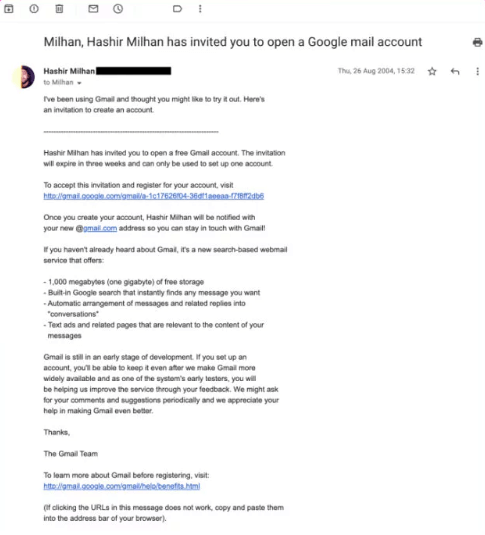
Hence, with careful product selection and an experience that gives the consumer multiple talking points, startup brands can turn their scarcity and exclusivity to their advantage, triggering proactive and passionate evangelism.
Building a Culture that truly connects
Challenger mindset, disruptive spirit, hustle mentality and the spirit of doing more with less- there is a curious overlap between the internal company culture and brand DNA in the case of startups.
Startups, therefore, enjoy a unique opportunity to build an employer brand that’s completely aligned with their consumer-facing brand. Given the strong imprint of founding teams’ personalities in starting years, they can recruit employees who truly sync with both company culture and the brand purpose.
In many cases, employees become their most vocal users and ambassadors, giving valuable feedback that helps to resolve issues even before they manifest in the market. Also, with less hierarchy and direct access to founders, these brands can foster knowledge democracy, creating an environment where anyone can chip in with their ideas and innovation without fear of being judged.
By inculcating a culture that breeds passionate evangelists rather than ‘9 to 5 resources’, startup brands can build a team that’s truly charged up about creating an impact, giving them an opportunity to punch above their weight and create a dent in the category.
In conclusion
In today’s world where consumers are much more open to exploring the new, startup brands can combine the power of passion, product, principles and people in their story to attract consumer attention. As the above examples show, players across categories- from space exploration to consumer goods- have doubled down on many of these to stand out and acquire salience.
What is important to note however is that while consumers give a longer rope and perhaps more chances to a startup brand, no brand can afford to take consumer affinity for granted. Consumers today have multiple alternatives and are quick to pass judgement. When startup brands wear their heart on their sleeves and offer a human touch, they also open themselves up to greater scrutiny.
So, when applied superficially, these strategies can also backfire. For instance, brands that articulate a purpose but don’t live up to it or brands whose founders do not adhere to their avowed commitments or set wrong precedents could face consumer backlash and lose their goodwill as fast as they accumulated it.
However, when executed well, these strategies can deliver an unparalleled advantage to Davids that can help them write their own playbook in the category.
